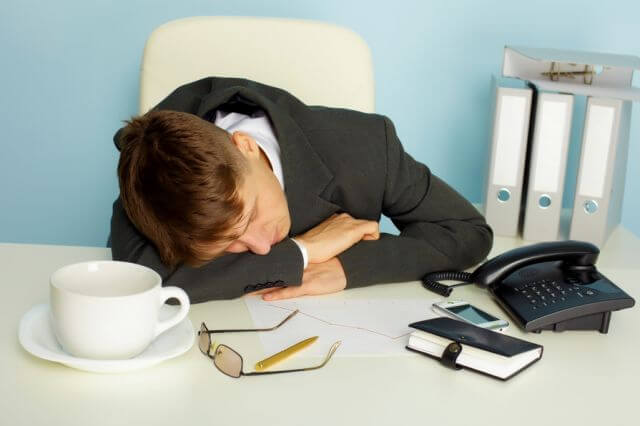How much time will you lose setting the clocks ahead?
 Worried about time change fatigue on the Monday after we switch to Daylight Savings Time (DST)? While we’ve practiced the biannual clock-flip for decades, this short 60 minute time-shift twerks our internal sleep schedules, reduces productivity and increases our risk for accidents and mistakes in the week following. Whether or not the time change shrinks our electricity bill is more questionable than the well-documented cost to our health.
Worried about time change fatigue on the Monday after we switch to Daylight Savings Time (DST)? While we’ve practiced the biannual clock-flip for decades, this short 60 minute time-shift twerks our internal sleep schedules, reduces productivity and increases our risk for accidents and mistakes in the week following. Whether or not the time change shrinks our electricity bill is more questionable than the well-documented cost to our health.
According to the Better Sleep Council, turning the clocks ahead one hour, “generates a sleep-starved society of epidemic proportions.” Last year the Centers for Disease Control and Prevention (CDC) announced that sleep deprivation is a public health epidemic. And it’s no surprise that the American Academy of Sleep Medicine (AASM) has declared Monday March 10th as Insomnia Awareness Day.
Spring forward to sleep deprivation
Why does setting our clocks back an hour in November feel like a gift while flipping them ahead in March feel like robbery? According to sleep experts, the spring time change disrupts our internal clock, our circadian rhythm, and the loss of one hour wreaks havoc on already sleep-deprived culture.
We’re literally starving for a good night’s sleep and that one extra hour forces an internal alarm. Our circadian rhythm (our internal clock) regulates cell growth and regeneration, hormone production and brain wave activity. Whether we’re traveling between time zones, doing shift work or setting clocks ahead an hour, when our chronobiological rhythms are disrupted, our sleep suffers.
5 biological signs of time change fatigue
When you wake up Sunday morning in a new time zone, your smart devices will smartly adjust to the new way of doing things on their own. But if you’re like me, your car, thermostat and microwave will remain out of sync for the next six months until we get that hour back. What happens to your body is another story…

- More car accidents – According to a study done by the National Center for Biotechnology, there is a significant increase in traffic accidents on the Monday following the spring time change. What’s more, “the sleep deprivation on the Monday following shift to DST in the spring results in a small increase in fatal accidents.”
- More workplace accidents – According to the American Psychological Association (APA), accidents on the Monday following the spring time change increase, resulting in significant lost work days.
- More time-wasting online – The APA studied cyberloafing on the Monday following a time change. Let’s just say that your favorite sites enjoy extra attention.
- More headaches – “The time change can spell disaster for unlucky sufferers of cluster headaches, the sudden, severe headaches described by the National Institutes of Health as “one of the most painful conditions known to man.,” reported NYDailyNews
- More heart attacks – “During the first week of DST there’s a spike in heart attacks, according to a study in the American Journal of Cardiology. That’s because losing an hour of sleep increases stress and provides less time to recover overnight,” reported in BusinessInsider
9 steps to stay ahead of sleep deprivation
While DST affects many of us so negatively, it doesn’t have to. Planning ahead for a quiet weekend will allow your body to adjust slowly and without the painful side effects. Try these tips – starting tonight – so you can plan for an energized Monday.

- Tuck into bed 15 – 20 minutes earlier for a few nights leading up to the time change.
- Consume caffeine in moderation this week.
- Get enough exercise to ensure your body is tired each night when you go to bed.
- Adjust the timing of other daily routines, such as meals. These time cues will help make the actual day of change easier to manage.
- On Saturday afternoon, set your clocks ahead one hour so dinner and bedtime are an hour earlier but feel like the normal time.
- Avoid alcohol on Saturday night. It might help you fall asleep faster but alcohol dehydrates and messes with your REM sleep.
- On Sunday morning, head outdoors for early sunshine to help reset your internal clock (which is guided by light).
- Spend Sunday relaxing and doing things you enjoy, keeping the day unscheduled and stress-free.
- Stick to your usual bedtime on Sunday night and get plenty of sleep before the workweek begins on Monday.
Still might want to be careful on the roads…


